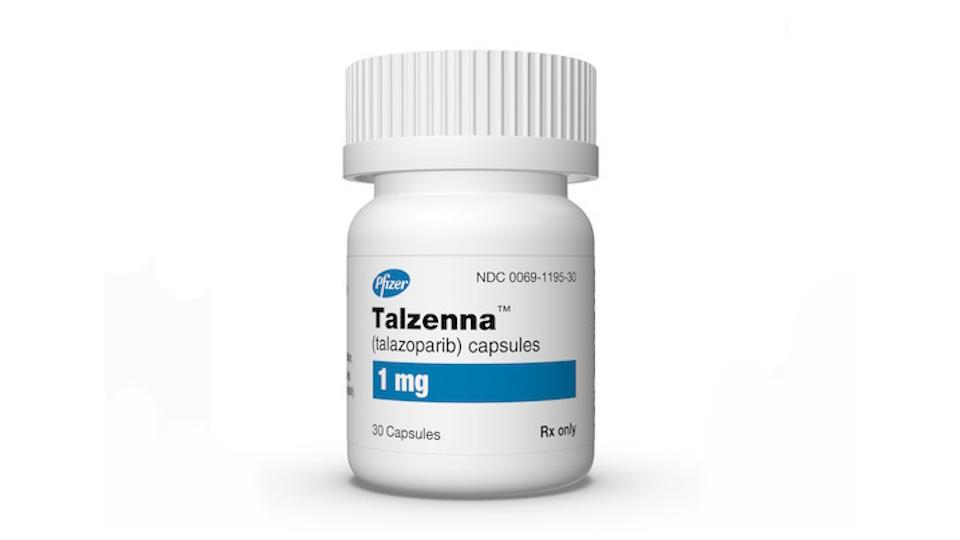Trial backs use of Cabometyx, Tecentriq in prostate cancer

Ipsen and Exelixis could expand the use of blockbuster oncology drug Cabometyx into prostate cancer, based on data from a phase 3 study – and help bring a cancer immunotherapy option to patients at the same time.
Top-line results from the CONTACT-02 study suggest that the combination of tyrosine kinase inhibitor (TKI) Cabometyx (cabozantinib) with Roche's PD-L1 inhibitor Tecentriq (atezolizumab) is more effective than a second round of hormone therapy at reducing disease progression or death for patients with metastatic castration-resistant prostate cancer (mCRPC).
There was also a trend towards improved overall survival with the combination, and patients are being followed to see if this becomes a statistically significant difference. Ipsen and Exelixis said they plan to discuss the data with regulators, with a view to extending the use of Cabometyx beyond its current indications in kidney, liver, and thyroid cancers.
If approved, the regimen would provide mCRPC patients with a cancer immunotherapy option with wider applicability than MSD's Keytruda (pembrolizumab), which can be used only in a subset of patients whose tumours have mutations in mismatch repair genes (MMR) or microsatellite instability (MSI) changes.
Studies of other PD-1/PD-L1 inhibitors in prostate cancer settings have largely yielded disappointing results. Earlier this year, for example, MSD abandoned efforts to extend the use of Keytruda in various forms of the cancer after repeated phase 3 failures.
Cabometyx/Tecentriq would also provide another option for mCRPC patients whose disease has advanced after first-round treatment with a hormonal drug such as Janssen's Zytiga (abiraterone) or Erleada (apalutamide), Pfizer's Xtandi (enzalutamide), and Bayer's Nubeqa (darolutamide).
At the moment, patients in this situation typically have another round of hormonal therapy before switching to chemotherapy. They face a poor prognosis, with a life expectancy typically of less than two years.
"These positive findings from CONTACT-02 are highly encouraging, given the need for additional, non-cytotoxic or non-chemotherapeutic treatment options for this patient population," said Neeraj Agarwal of the Huntsman Cancer Institute at the University of Utah, the global lead investigator of the trial.
"Cabozantinib in combination with atezolizumab represents a potential new treatment modality for patients with metastatic castration-resistant prostate cancer, and we look forward to sharing the full data at a future medical meeting."
Ipsen's head of R&D, Howard Mayer, added that the results represent the first time that a TKI and immunotherapy have shown efficacy in a phase 3 mCRPC trial.
"We will engage with regulatory authorities on [this] data and look forward to further exploring the potential treatment benefit for a patient population at such a challenging stage of disease," he said.
The data is a second boost for Ipsen in just a few days, coming after the group secured FDA approval for the first treatment for the rare bone disease fibrodysplasia ossificans progressiva (FOP).
Image sourced from Risorgimento Sicilia.













